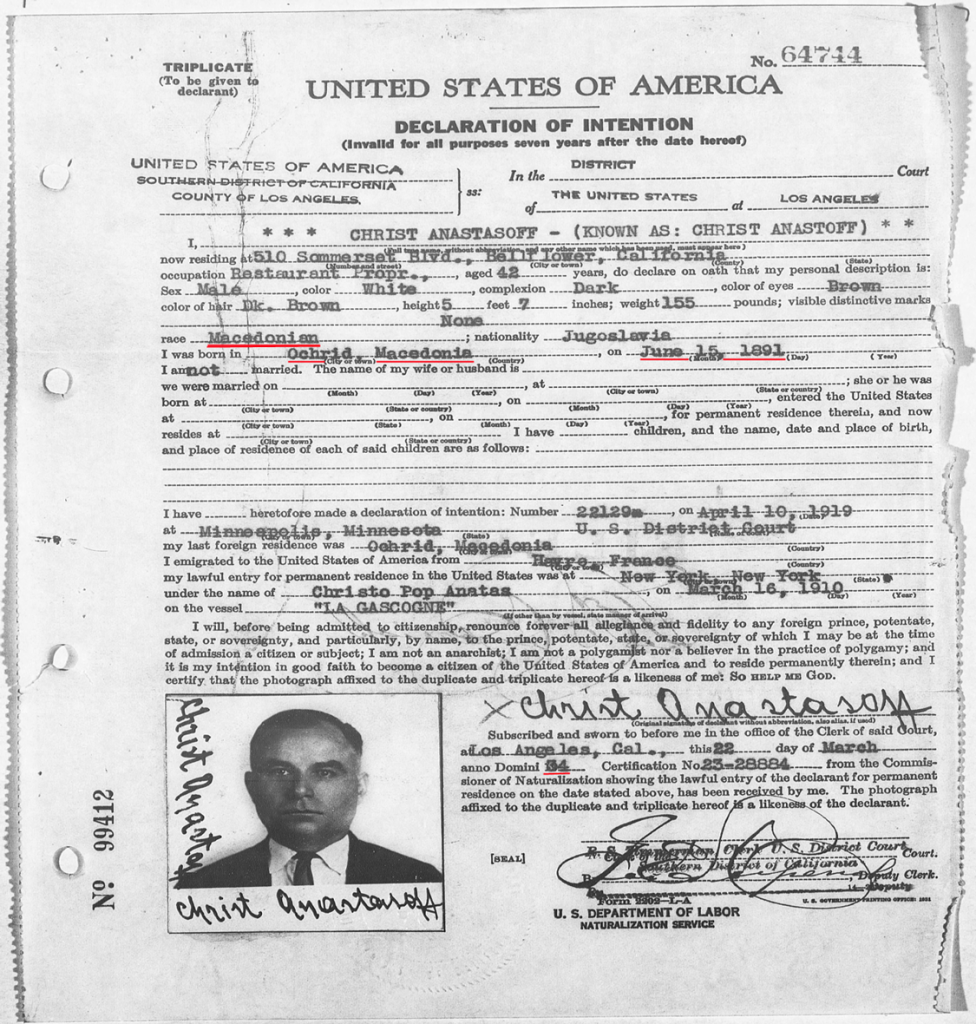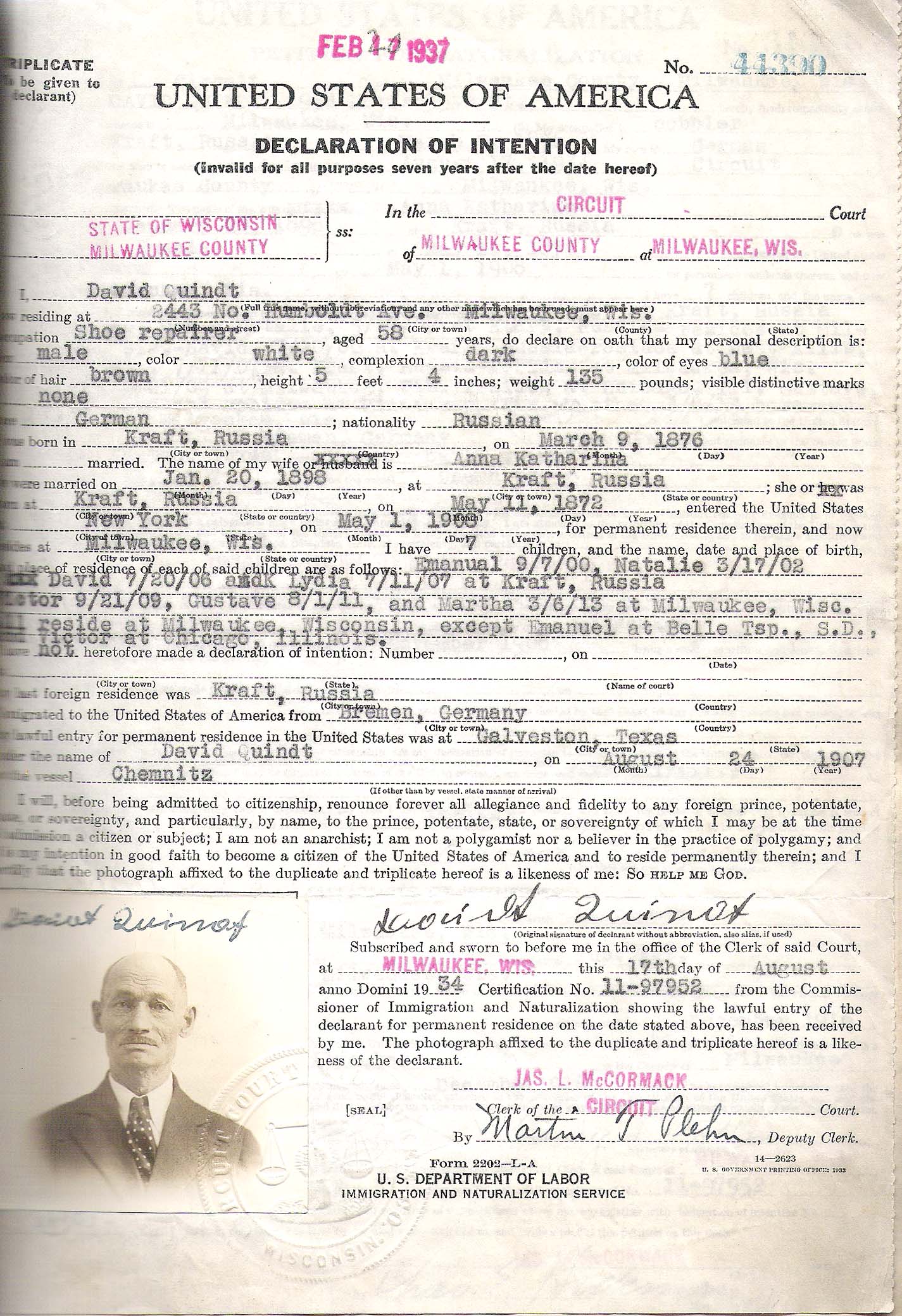The historic country of Macedonia was once the Kingdom of Macedon, ruled by Alexander the Great (355-325 BC). Over many centuries it was exploited by the Romans, Byzantines,
Bulgars and
Serbs; before finally being conquered by the Ottoman Empire. The Ottoman's reign over the area was exceptionally brutal, and beginning in the late 19th century several campaigns set out to secure the independence of Macedonia.
Unfortunately by 1913, as both Balkan Wars had come to end, the Ottoman Empire had dissolved and much of Macedonia's territories were divided amongst
Greece,
Bulgaria and
Serbia. Then, along with the rest of the Kingdom of
Serbs,
Croats and
Slovenes, Macedonia was integrated into the Kingdom of Yugoslavia in 1929. For the Macedonian's, independence was still a forefront thought, and the country struggled to gain their freedom over the next several years. As World War II began in the early 1940's, the people of Macedonia found themselves invaded by the Axis powers (along with the rest of Yugoslavia). With help from the Bulgarians in 1944, the
German forces were pushed back, and the region of Yugoslavia fell under the authority of the Bulgarian Communist Party. By 1963 Yugoslavia had been reformed, and once again Macedonia was incorporated into the now Socialist Federal Republic of Yugoslavia. However, for Macedonia, their formal name became the Socialist Republic of Macedonia.
Twenty-eight years later, Macedonia gained its independence peacefully from Yugoslavia in 1991, but
Greece's objection to the new state's use, of what it considered a Hellenic name, delayed international recognition, which occurred under the provisional designation of "the Former Yugoslav Republic of Macedonia." In 1995, after Macedonia revised its flag and constitution,
Greece lifted a 20-month trade embargo and the two countries agreed to normalize relations. The Kosovo War in 1999 caused over 350,000
Albanian refugees to flee to Macedonia, and Skopje became a transit corridor for NATO forces to intervene in case of a
Serbian invasion. Through all of this, Macedonia remained neutral, and refused to engage in the war. In 2004 negotiations continued between
Greece and Macedonia to resolve the name issue, despite 112 of the 191 country members of the UN acknowledging the Republic of Macedonia under its constitutional name, and to date it has yet to be decided. Tourism is a considerable factor in Macedonia's economy, as the country is home to an ample amount of natural and cultural attractions. The capital city of Skopje contains many archaeological sites, as well as modern museums, and is overflowing with something that will appeal to pretty much everyone.






